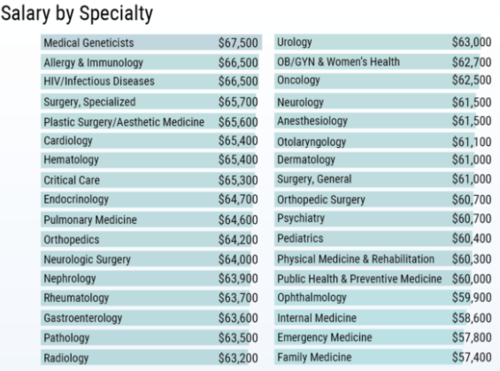Panda Bear
Well-known member
- Joined
- Apr 23, 2019
- Messages
- 845
I agree that public and private schools wont become obsolete but I do hope there are some changes. The University of Montana has been making cuts (questionable ones) for years and from my understanding enrollment has been down quite a bit.
I was very lucky to get into a private college and have a big enough scholarship that it was cheaper than going to the local university. I was extremely behind the other students but luckily I was able to catch up after the first two years. I believe I had better opportunities and a better education than if I had went to local university. After graduating, I was able to get a job (and almost a free Masters if it wasnt for budget cuts) at a different university that I dont think I would have gotten without connections and advanced lab training. Hopefully it will open more opportunities in the future. Obviously not all private schools are the same but I'm pretty grateful for the one I was able to attend, even if I wasnt the average student there.
That being said, I agree that private school isnt for everyone, it depends on what you want to do.
College isnt even for everyone and I think the high schools pushing all the students that direction isnt very helpful. I wish the high schools (at least the ones here) did a better job having students explore careers and what they actually enjoy.
I just dont see online school replacing time in the classroom. Being able to speak to a professor in class or office hours really helps boost understanding as well as speaking to peers and joining study groups. Sure you can have the same content online, but there's more to learn in a classroom where different ideas lead to new questions that may not be on topic but are still important. I agree with Europe in that college is far more than the diploma, there's many other aspects that dont get emphasized enough.
I know my friend in law school absolutely hates doing class through zoom because taking exams online has some challenges and none of the students participate in class. The first half of my EMT course will be through zoom and I'm a little nervous about missing out on in person classroom time.
I am a bit late to this thread, but we are not in quarantine and have been working
I agree with several of the points made above. "I just dont see online schools replacing time in the classroom. Being able to speak to the professor in class or office hours really helps boost the understanding as well as speaking to peers and doing study groups" is an excellent point as are the other points MTelkhuntress has made. April also said basically the same thing. What I "learned" while on campos in college was not just what I learned while in each class room.
I have no idea how the virus fiasco will change or not change college, but since the vocation of my choice was not available without a diploma and that diploma was dependent on some "hands on" classes, plus the "campus" experience, I hope colleges stay in business and that all high school graduates, that want a college "campus" education are able to go to the college of their choice. Having said that there are some great jobs to be had that require a different type of education. My husband and I at one time considered buying an 18 wheeler with a nice sleeper and driving it back and forth across Canada. We went a different direction and have no regrets. AS to the cost of college, it is a bit expensive. Also a friend of mine in the States got a Bachelors degree, went to nursing school, became an RN and by agreeing to stay with a certain hospital for a certain length of time they paid off her college debt. That works, also all kind of scholarships are available, Jr College for the first two years is another option
There is no free lunch
oregon chris. what was the name of that movie ? I forgot. but it is to bad that fellow yelling "Toga, Toga" didn't take life a bit more seriously, or at the very least, without so many drugs. hate seeing folks passing from overdoses. I remember when Whitney passed, very sad. But you are right Oregonchris. College does bring "temptations" and/or as April mentioned, self reliance, self motivation---- as well as teaching yourself self control. Oregonchris the last picture you posted is where I work every day--not in Oregon but in the mountains, on the rivers and Ice--Thanks to a college education







